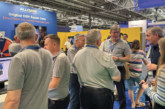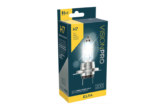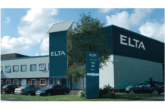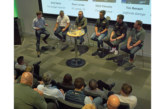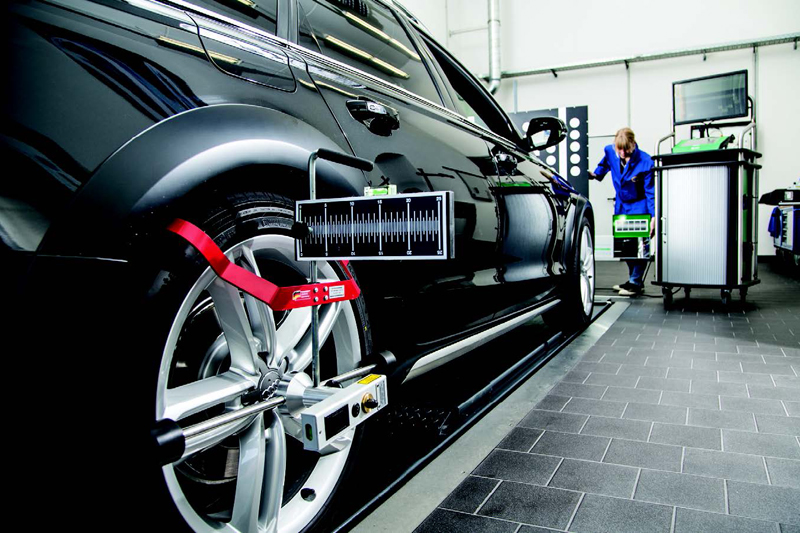
Which diagnostic solution would work best for your customers? Hella Gutmann Solutions offers advice.
Advanced driver assistance systems (ADAS) have been a safety feature that has been widely discussed in the aftermarket over the last few years. However, it’s now time for workshops to invest in the tools needed to recalibrate the cameras and radars on which these ADAS equipped vehicles rely. While this is going to be a significant investment for independent workshops, motor factors also need to educate themselves as to which brand of equipment and diagnostic tools would be the best solution for their customers.
In light of the recent announcement by Thatcham Research concerning its ADAS Code of Practice, and the requirement for workshops to calibrate the vehicle’s ADAS sensors, or parts that are in proximity to them, workshops can no longer ignore the technology, as it is their direct responsibility. In addition, failing to calibrate the cameras and/or radars following this kind of operation also poses a serious safety risk to the driver of the vehicle.
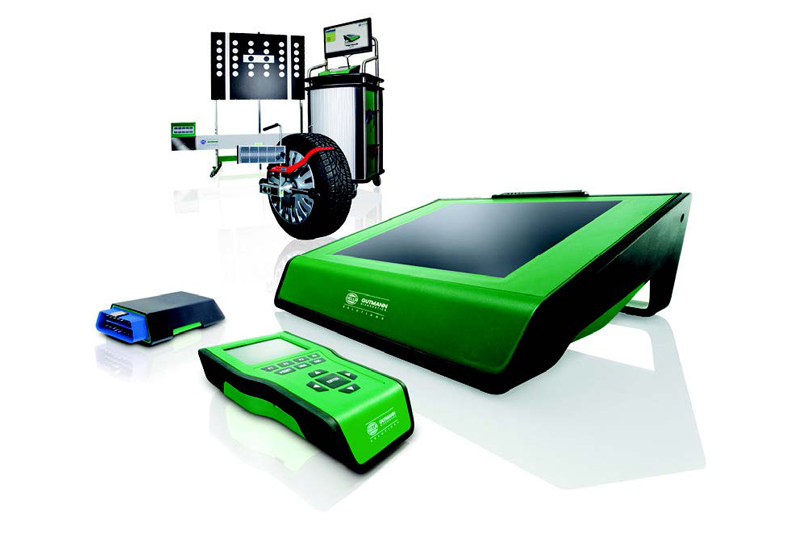
Calibration requires two key components: the calibration equipment and a suitable diagnostic tool. Both are naturally supplied by HGS in the form of its CSC-Tool range and mega macs diagnostic hardware, all of which come pre-loaded with the necessary calibration software as a standard feature.
mega macs PC
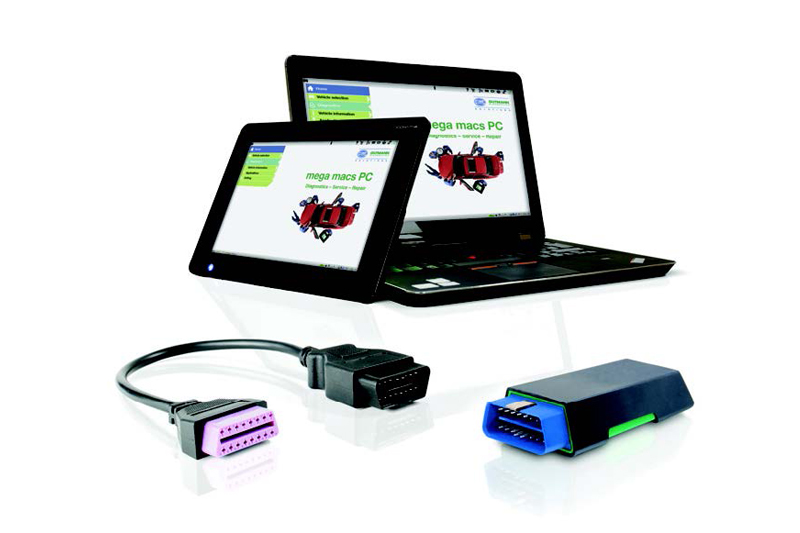
The competitively priced mega macs PC allows technicians to diagnose issues and has similar capabilities to the mega macs56 tool. The PC version is an all-round powerful diagnostic solution that runs on a Windows-based PC or tablet with diagnostic and technical data functions that many workshops will find very useful.
mega macs 42 SE
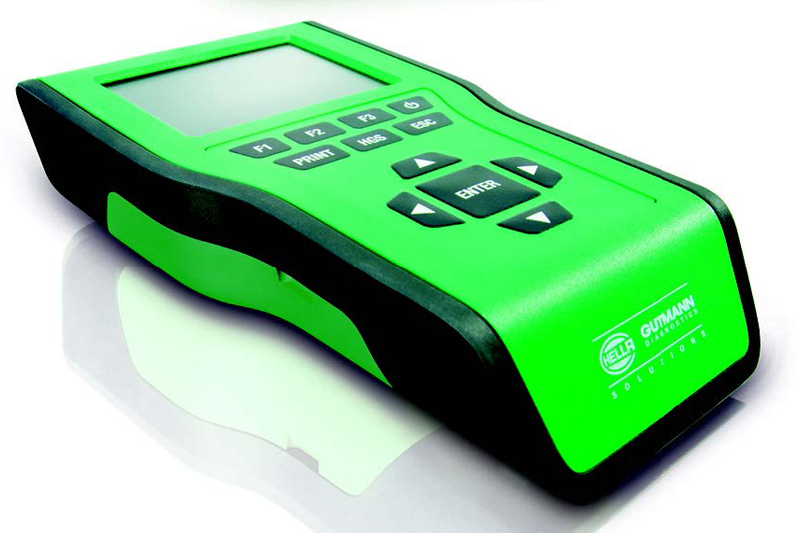
The mega macs 42 SE is a compact and lightweight diagnostic tool with comprehensive vehicle coverage and is packed with features. It is popular with smaller workshops or mobile services and has many of the necessary capabilities they need to easily diagnose problems quickly and accurately. Although HGS has seen many upgrades to the more popular mega macs 56 as they future proof their business, for those just venturing into diagnostics or mobile ADAS recalibration, this is a very portable option.
mega macs 56
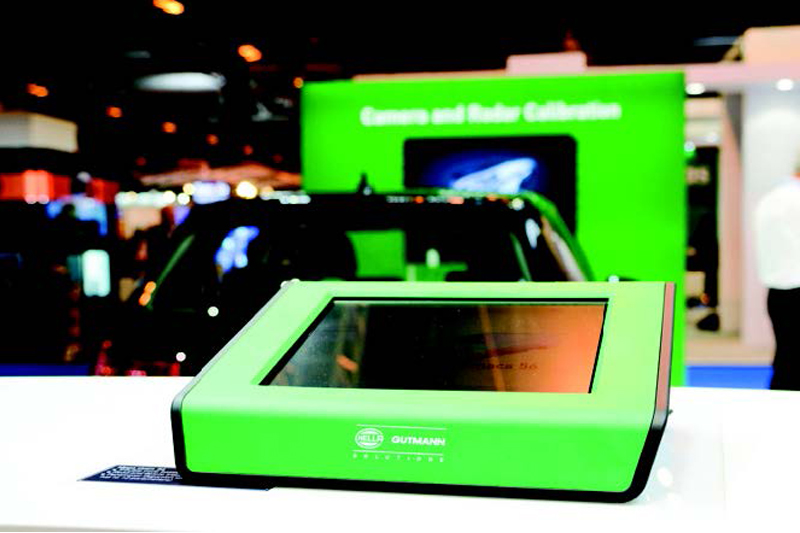
The mega macs 56 has become the most popular model in the HGS range as it is more advanced than the PC and 42 SE versions, is highly portable, and has with Wi-Fi and Bluetooth VCI connectivity. It has all of the features needed for a typical workshop and is user friendly, which is why HGS recommends this for medium-sized workshops that are looking to offer more diagnostic capabilities to thier customers. It also features the renowned ‘Real Time repair’ function and comprehensive technical data.
mega macs 77
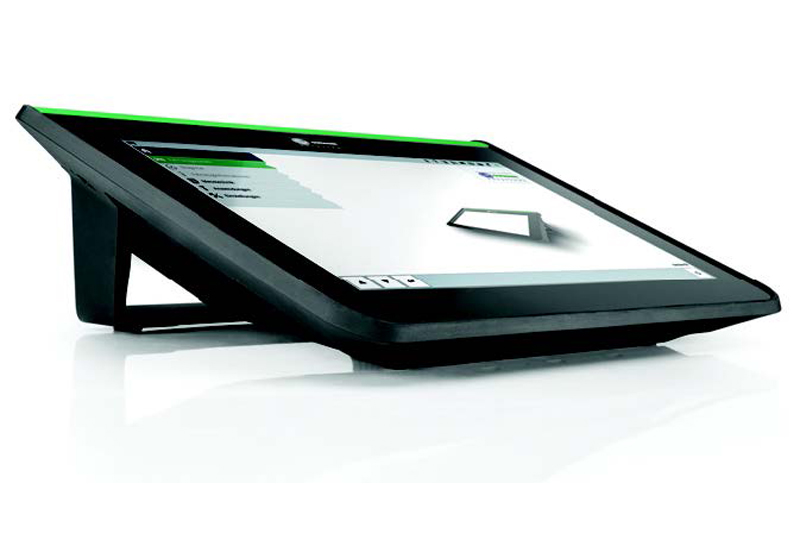
The mega macs 77 tool is the most powerful diagnostic tool that HGS offers. The tool allows up to 16 vehicle parameters to be viewed at any one time and provides a step-by-step guide through the measurement procedure with detailed notes and instructions displayed on the device’s screen. It is ideal for larger workshops or those that specialise in diagnostics, as well as training centres, all of which would benefit from its exceptional capacity and many features.
CSC-Tool
The award-winning CSC-Tool enables fast and accurate ADAS calibration. This tool is also fully compatible with the mega macs range and is designed for workshops that have the space to have it permanently assembled.
CSC-Tool Mobile
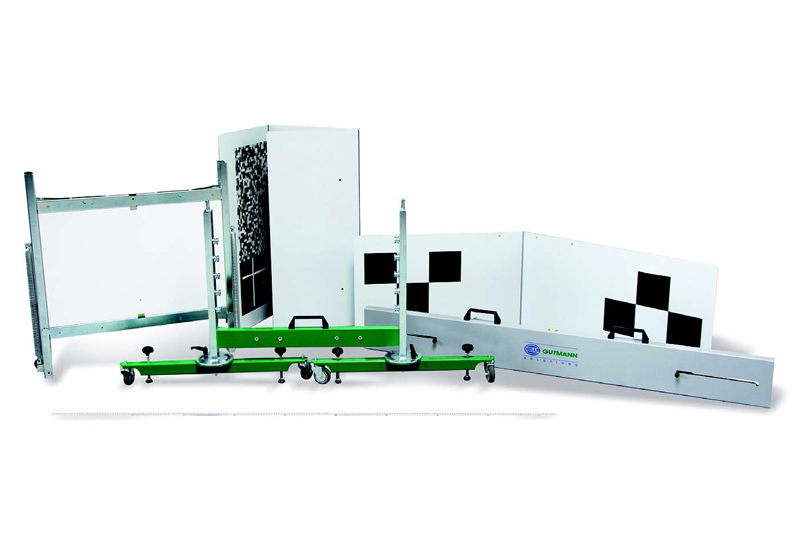
For mobile technicians and workshops that don’t have as much space, the CSC-Tool Mobile is engineered to the same exacting criteria and accuracy as the standard version, but with the added bonus of being ultra-portable and able to be assembled in just a few minutes. This tool can also be used by bodyshops that have multiple branches and can share the tool.
CSC-Tool Calibration Panels
To accompany the CSC-Tool, HGS provides a range of additional calibration panels that extend the CSC-Tool’s vehicle coverage. Currently, there are panels from 32 manufacturers, including Honda, Mercedes, Renault and VAG Group. Motor factors should work with their customers to identify the vehicles they regularly repair and suggest they begin by purchasing the panels that would get most use in the workshop.
The future of the workshop is largely dependent on its ability to tackle ADAS technology, so by educating themselves and committing to understanding this development, motor factors will be helping their own businesses as well as their customers’.



